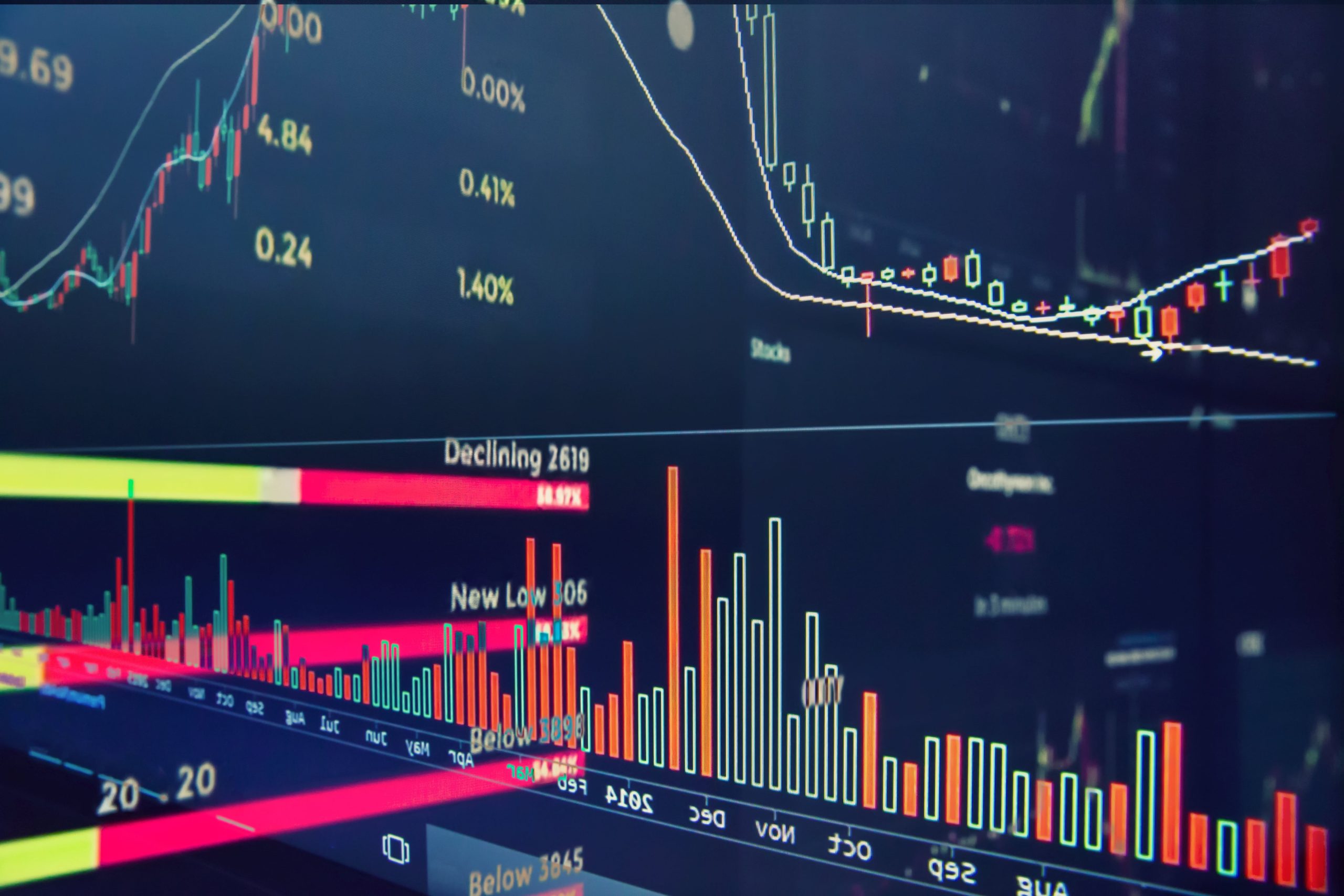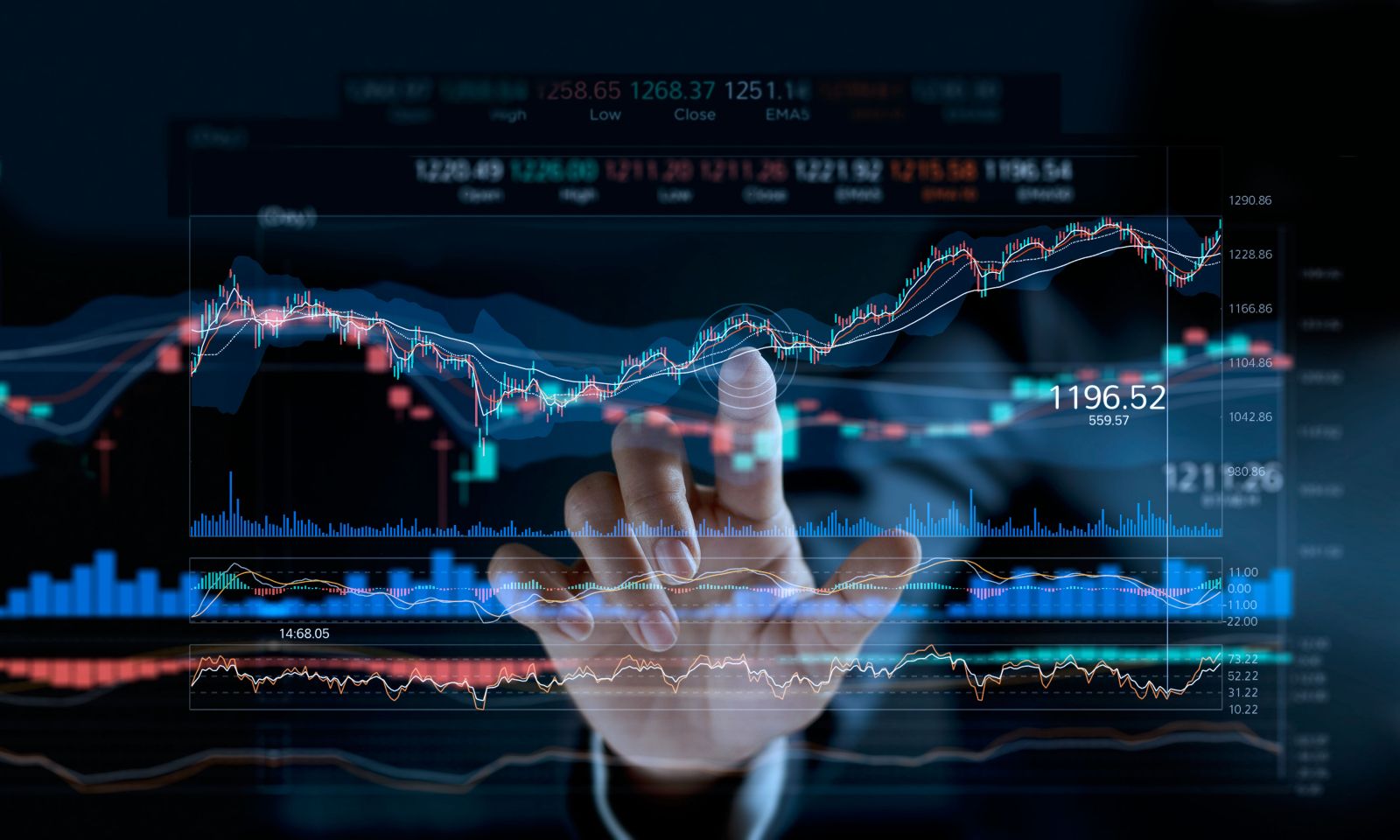The Quiet Period Before the Central Bank Storm
Markets are currently paralyzed in a tactical holding pattern. Today, October 16, 2025, the global financial architecture is bracing for a double header of central bank decisions that will define the final quarter of the year. While past assumptions from 2024 suggested a smooth glide path toward neutral rates, the reality of late 2025 is far more chaotic. We are currently navigating a significant liquidity gap as the Federal Reserve prepares for its October 29 meeting and the European Central Bank (ECB) follows just 24 hours later on October 30. This morning’s U.S. jobless claims report confirms a softening labor market that has all but guaranteed a 25 basis point cut from Chair Powell. However, the true story lies in the widening divergence between the transatlantic corridors.
The Yen Carry Trade is Hemorrhaging
Institutional liquidity has evaporated from the major yen crosses. For years, traders relied on the predictability of the carry trade, borrowing cheap yen to fund high yield bets elsewhere. That era ended this week. With the Bank of Japan (BoJ) signaling a third rate hike before year end, the USD/JPY has plummeted from its July highs near 161 to a staggering 147.20 today. This is not a gradual correction; it is a structural unwinding. Automated execution desks are hitting ‘sell’ triggers on every minor bounce, creating a feedback loop of volatility that retail platforms are struggling to keep up with. Per the latest Bloomberg currency volatility index, the yen’s implied volatility has reached its highest level since the 2024 carry trade scare, suggesting that the floor for USD/JPY may be much lower than the 145 level many analysts predicted last month.
Algorithmic Front Running and Order Book Fragility
The technical mechanism of today’s market is driven by High Frequency Trading (HFT) algorithms that are front running the 10 year yield spread at sub millisecond latencies. In 2024, we spoke of AI as a tool for analysis; in 2025, it is the primary market participant. This has led to a ‘hollowing out’ of the order books. When the U.S. government shutdown delayed the official CPI release earlier this month, these algorithms switched to alternative data sources, scraping satellite imagery of retail parking lots and credit card transaction metadata in real time. The result was a ‘phantom’ rally in the EUR/USD that lacked any real human buyer support. When the official 3% inflation print finally hit the wires, the pair snapped back 120 pips in four minutes. This is the danger of the current landscape; the liquidity you see on your screen is often an illusion that vanishes the moment a real trade is placed.
Current Central Bank Benchmarks
To understand the trades of the next 48 hours, one must look at the hard figures as they stand today, October 16, 2025. The following table outlines the current policy rates and the market’s implied probability for the next move.
| Central Bank | Current Rate | Next Meeting | Market Expectation |
|---|---|---|---|
| Federal Reserve | 4.00% – 4.25% | Oct 29 | 97% Chance of -25bps |
| ECB | 2.25% (Deposit) | Oct 30 | Dovish Hold |
| Bank of Japan | 0.25% | Oct 31 | Hawkish Hold / Hike Signal |
| Bank of England | 4.50% | Nov 6 | Hold |
The Eurozone Stagnation and the EUR USD Parity Watch
While the U.S. economy deals with the inflationary friction of new tariffs, Europe is facing a far grimmer reality. German industrial production has contracted for four consecutive months. This has put the ECB in a corner. They cannot cut rates too aggressively without tanking the Euro and making energy imports more expensive; yet, they cannot keep rates high while their largest economy enters a technical recession. The EUR/USD is currently hovering at 1.0720, but the options market is pricing in a 40% probability of a move toward 1.04 before the end of the year. Traders should watch the Eurostat HICP data expected next week. Any further dip in core inflation will force Lagarde to abandon her ‘data dependent’ mantra and admit that the Eurozone needs more stimulus than the market has currently priced in.
The January 2026 Milestone
Looking ahead, the next major structural shift will occur on January 15, 2026. This is the date when the final Eurozone HICP flash estimate for 2025 will be released, providing the definitive evidence needed for the ECB to pivot toward a more aggressive easing cycle. Watch the 2 year German Bund yield as we approach the end of this year; a break below 1.95% will be the signal that the market has officially given up on a European recovery. For now, the focus remains on the October 29 Fed decision. If Powell fails to deliver a sufficiently dovish tone, the resulting dollar squeeze will likely break the support levels of every major currency pair in the G10 space.



